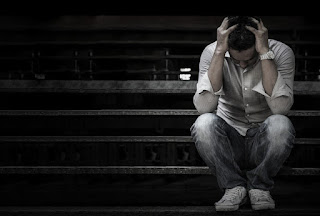Making a decision is a process that brings together multiple concerns and issues, considers them, and then moves ahead following the course plotted. Making an intelligent and successful decision is an even more exacting process as all the same things need to be methodically taken into account and then weighed before acting.
The team at AIC. American Integrity Courses is going to use this blog post to discuss the value of decision-making classes for developing this all-important skill.
The process of making decisions is often different for youths and adults because there are so many other factors that come into play based upon various life circumstances. There are online courses available nationwide that are tailored to these particular individuals to help them make intelligent and responsible decisions.
These types of courses teach critical thinking and how to use it to develop sound and responsible decisions. They illustrate the necessary steps to achieving goals and showcase how ordinary choices can have tremendous power and results in your life.
Online decision-making classes are the ideal tools for adding these skills to your toolbox and allowing you to reap the benefits while studying on your own time and at your own pace while at home.










